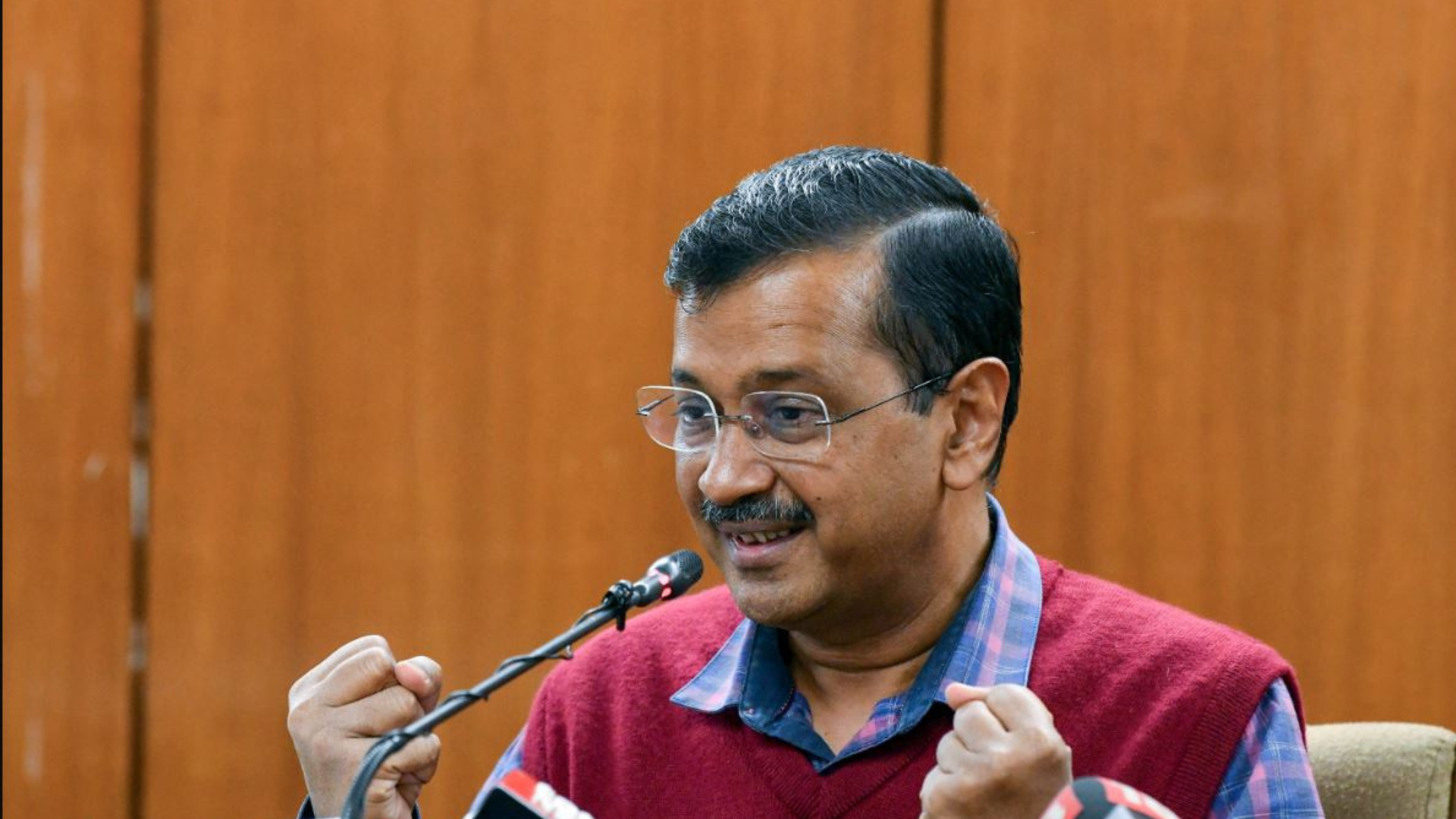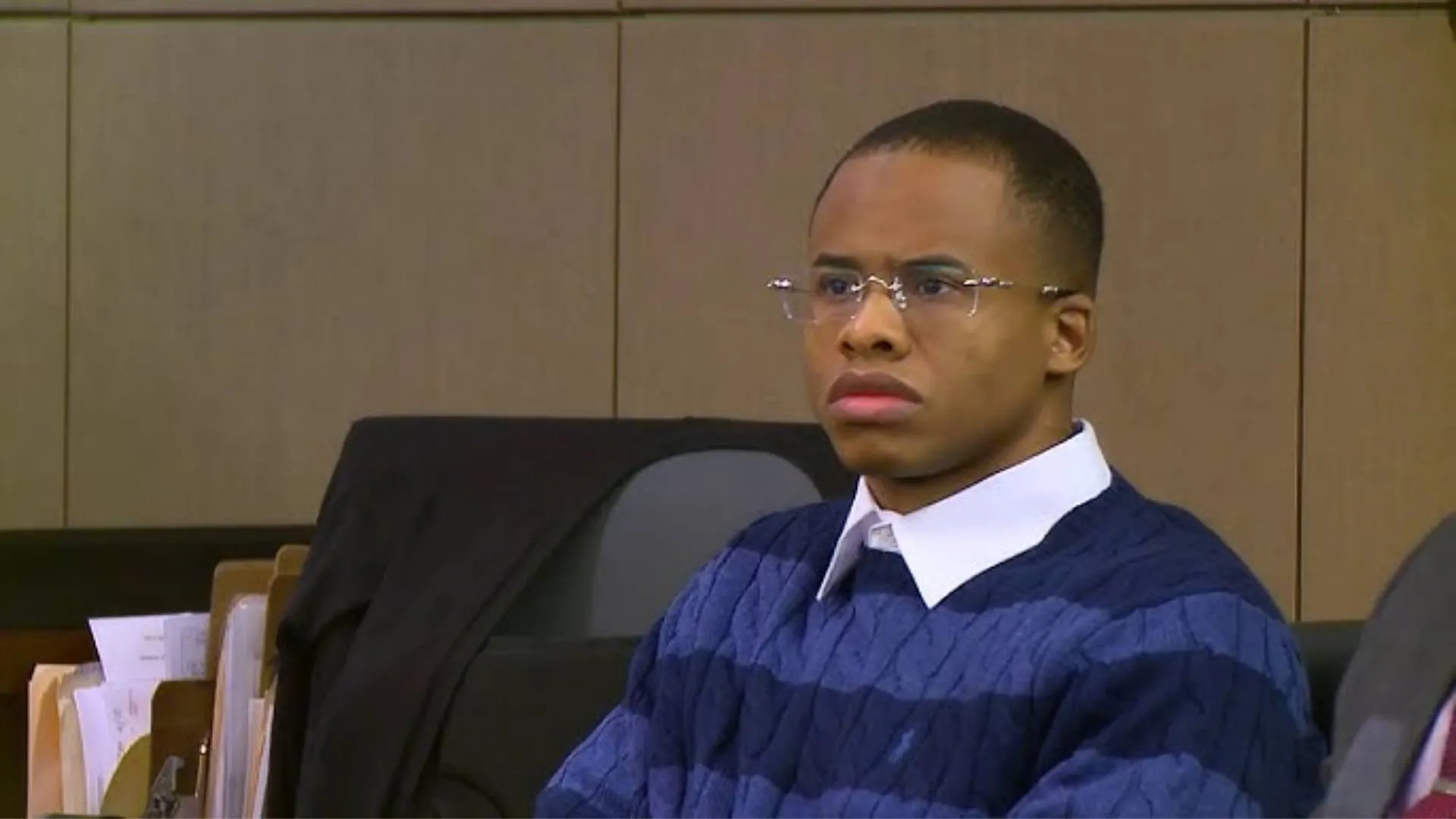On Wednesday, the Delhi High Court issued a notice to the Enforcement Directorate (ED) regarding a petition filed by Delhi Chief Minister Arvind Kejriwal challenging his arrest and the remand granted by the trial court. The court did not grant immediate relief in this matter.
Amidst this legal development, BJP leaders continued their criticism of the Delhi Chief Minister in connection with the excise policy case. They alleged that money had been misappropriated in a liquor scam to fund election campaigns in Goa and Punjab. Conversely, leaders from the Aam Aadmi Party (AAP) accused the Central Government of orchestrating a political conspiracy to undermine democratically elected opposition governments, using agencies like the Enforcement Directorate.
During the court proceedings, the bench, headed by Justice Swarna Kanta Sharma, emphasized the need to grant the respondent (ED) an opportunity to file a reply. Denying this opportunity would amount to a denial of fair hearing and a violation of principles of natural justice. Therefore, the court scheduled the matter for April 3. It also stated that any order for release from custody would effectively grant bail or interim bail to the accused, Arvind Kejriwal, as an interim measure. The court clarified that the writ jurisdiction under Article 226 of the Constitution is not a substitute for the bail remedy under Section 439 of the Cr.PC.
During the hearing, Senior Advocate Abhishek Manu Singhvi, representing Kejriwal, argued that the arrest of a sitting Chief Minister during the Model Code of Conduct undermines the principle of a level-playing field in democracy. Singhvi emphasized the importance of maintaining a fair and free electoral process. He urged the court to release Kejriwal, asserting that the foundation of his arrest was flawed.
On the other hand, the Additional Solicitor General (ASG) SV Raju, representing the Enforcement Directorate, requested time to file a detailed reply. He alleged that they were deliberately not served a copy of the petition to prevent adequate preparation. Raju criticized the double standards in the application of a level-playing field.
Arvind Kejriwal was arrested by the Enforcement Directorate on March 21 in connection with the excise policy case. Kejriwal’s plea challenged both his arrest and the remand order, arguing that they were illegal. He contended that the provisions of the Prevention of Money Laundering Act (PMLA) were being misused to undermine democratic and federal structures in the country. The plea accused the Central Government of attempting to destabilize the elected government of the National Capital Territory of Delhi.
The trial court had remanded Arvind Kejriwal to ED custody until March 28. The ED alleged that the Aam Aadmi Party (AAP) was the primary beneficiary of the proceeds of crime in the alleged liquor scam. The case revolves around allegations of irregularities and money laundering in the formulation and implementation of the Delhi Excise Policy 2022, which was later annulled.
While Arvind Kejriwal’s name was not initially mentioned in the FIRs filed by the ED or the Central Bureau of Investigation (CBI) in the excise policy case, it appeared in the ED’s chargesheet. The agency claimed that Kejriwal allegedly communicated with Sameer Mahendru, one of the main accused, in a video call and instructed him to continue collaborating with AAP’s communications-in-charge, Vijay Nair. Vijay Nair was among the first individuals arrested by the CBI in 2022. Subsequently, the then Deputy Chief Minister Manish Sisodia and Rajya Sabha MP Sanjay Singh were also arrested in connection with the case.
Meanwhile, Union Minister Smriti Irani criticized Kejriwal over the alleged liquor scam, asserting that he was avoiding investigation. She referred to the Supreme Court’s acknowledgment of a money trail in the liquor scam and highlighted Kejriwal’s failure to respond to nine summonses issued by the ED. Irani alleged that the AAP had used funds embezzled from the liquor scam for election campaigns in Goa and Punjab.
Union Minister Anurag Thakur also criticized Kejriwal, while Delhi BJP president Virendra Sachdeva demanded Kejriwal’s resignation, accusing him of corruption and mismanagement. He argued that a person in custody should not continue to hold the position of Chief Minister. Sachdeva criticized the AAP for allegedly protecting corrupt individuals and undermining democratic principles.
Amidst demands for Kejriwal’s resignation and concerns among opposition leaders about the imposition of President’s rule in Delhi, AAP leader and Delhi Minister Atishi stated that governance could continue even during legal proceedings. She accused the BJP-led Central Government of targeting opposition parties using agencies like the ED and the CBI. Atishi emphasized the need to uphold democratic values and resist authoritarianism.
Congress leader KC Venugopal addressed a preparatory meeting for the “Maharally” at Ramlila Maidan, New Delhi, scheduled for March 31. The rally aims to protest against the arrests of Arvind Kejriwal and former Jharkhand Chief Minister Hemant Soren by the ED, as well as the freezing of Congress’ bank accounts. Venugopal condemned the suppression of democracy and vowed to fight against it.
AAP legislators staged protests at the Assembly, wearing t-shirts with the slogan ‘Mai Bhi Kejriwal’ (I am also Kejriwal). They criticized the BJP’s alleged authoritarianism and accused the party of attempting to destabilize the government. Atishi argued that the arrest of a sitting Chief Minister during elections was an attack on democracy.
In summary, the legal battle surrounding Arvind Kejriwal’s arrest has ignited political tensions between the AAP and the BJP. While Kejriwal’s supporters allege political vendetta by the Central Government, his critics accuse him of corruption and mismanagement. The outcome of this legal and political saga will likely have significant implications for Delhi’s political landscape.























